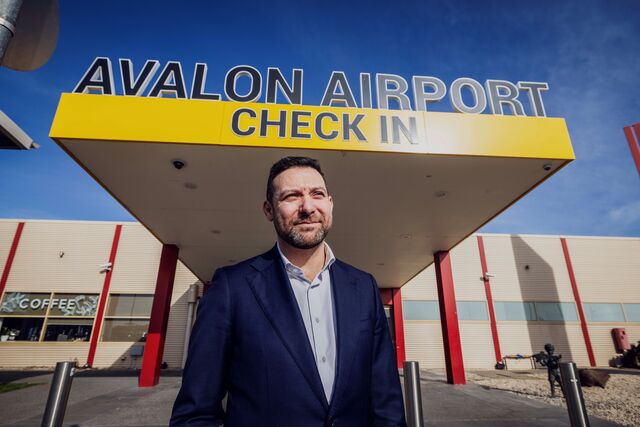The federal and state governments have joined forces to address the current skills shortage, delivering more fee-free TAFE and vocational education and training [VET] places for Victorians, including those in Sunbury and the Macedon Ranges.
The government’s 12-month Skills Agreement would invest more than $250 million into the state’s skills and training sector to allow people to access more than 55,000 fee-free TAFE and VET vacancies in 2023.
The investment would support about 26,900 places in the care sector, inclduing about 3800 early childhood education and care places, helping the state reach its target of 64,700 new workers in the health, education and community services sector by 2025.
Federal Skills and Training Minister Brendan O’Connor said everyone should have access to training, with the agreement broadening availability to First Nations Australians, young people aged 17 to 24, people out of work or receiving income support, unpaid carers, women undertaking study in non-traditional fields, people with disability and certain categories of visa holders.
“This agreement with Victoria is about tackling one of our greatest economic challenges in decades, the lack of skilled workers, and pathways to secure, well-paid jobs,” he said.
“Whether it’s in the care sector, agriculture, hospitality and tourism, construction, technology, or the need for sovereign capability in manufacturing, we need to deliver these skills at a time of acute skills shortages, particularly in Victoria.
“To provide greater opportunity for Australians to have secure and rewarding employment we must be able to skill and re-skill our workforce.”
State Higher Education, Training and Skills Minister Gayle Tierney said the state government was proud to partner with the federal government to deliver more fee-free TAFE and VET places.
“We’re backing Victorians that want to learn skills to get a start in their career or retrain to get the jobs of their dreams,” she said.
“Free TAFE removes financial barriers for people to continue learning and developing their skills.”
The agreement also included support for about 6500 places in the technology and digital sectors, 6300 in construction, 2000 in agriculture, 1800 in hospitality and tourism and 200 in sovereign capability.







